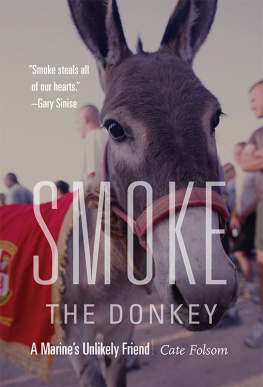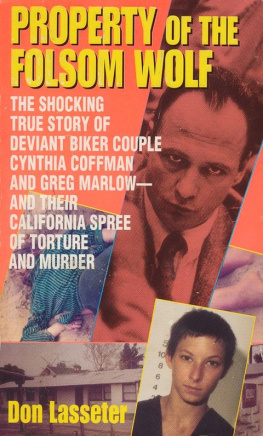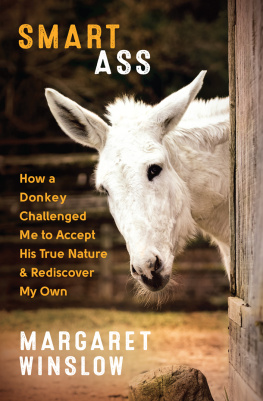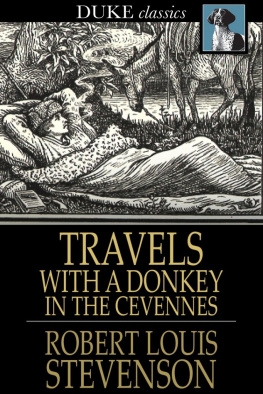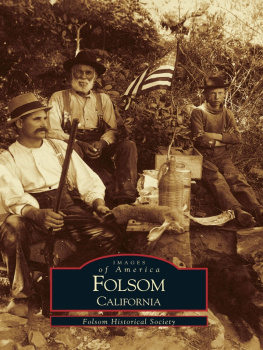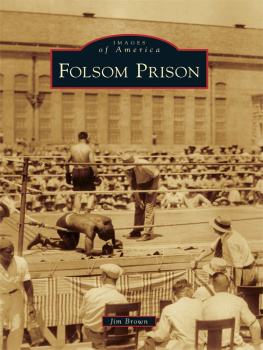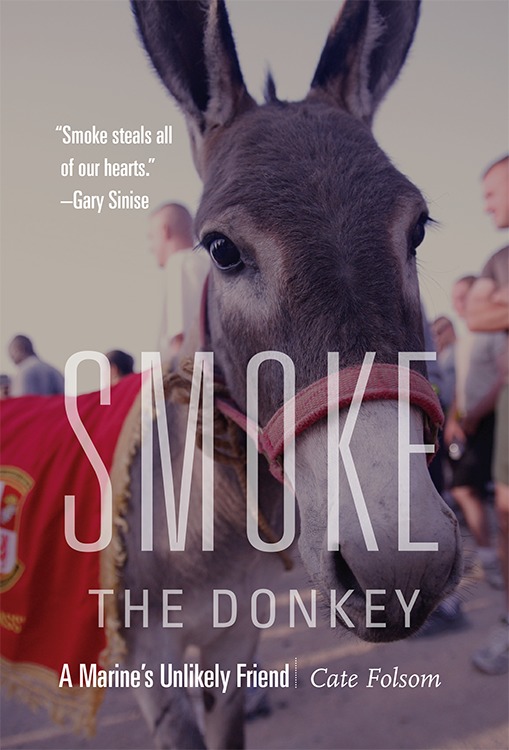
Smoke the Donkey is a story about two American heroes and their surprising friendshipSemper Fidelis at its finest. Smoke steals all of our hearts.
Gary Sinise, actor, humanitarian, and founder of the Gary Sinise Foundation
Smoke the Donkey is a true American hero. His one-of-a-kind adventure story will leave you laughing, crying, and, most of all, inspired.
Mark R. Levin, talk radio host of The Mark Levin Show and a New York Times best-selling author
Smoke the Donkey is a wonderful, refreshing, heartwarming, and true story that will bring joy and delight for generations to come.... Smoke has earned the coveted Parents Television Councils Seal of Approval.
Tim Winter, president of the Parents Television Council
Warning: You will want a donkey after reading this book! The love for Smoke is palpable, and Cate Folsom captures brilliantly the struggles, perseverance, and harrowing journey to bring Smoke to the States. Smoke is Kick Ass! A must-read!
Robin Hutton, author of the New York Times best seller Sgt. Reckless: Americas War Horse
Smoke the Donkey
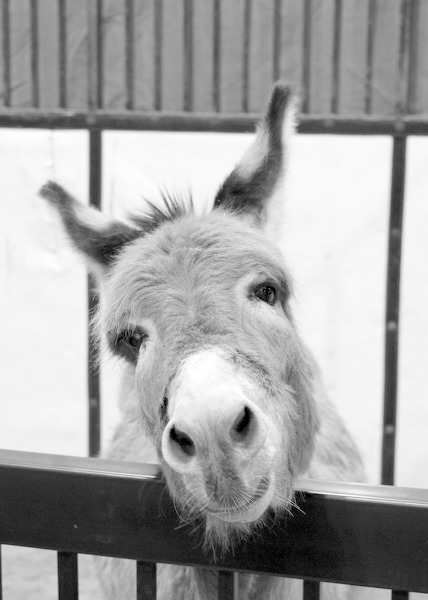
Smoke the Donkey
A Marines Unlikely Friend
Cate Folsom
Foreword by Lt. Gen. Robert R. Ruark
Potomac Books
An imprint of the University of Nebraska Press
2016 by Cate Folsom
All rights reserved. Potomac Books is an imprint of the University of Nebraska Press.
Cover image is from the interior
Author photo courtesy of Ryan Soderlin
The names of Isaam and Khalil are pseudonyms. Their identities are shielded in this account to protect their safety in the volatile environment that continues to plague Iraq.
This manuscript has been approved for public release by the U.S. Department of Defense Office of Prepublication and Security Review.
Library of Congress Cataloging-in-Publication Data
Names: Folsom, Cate, author.
Title: Smoke the donkey: a marines unlikely friend / Cate Folsom; foreword
by Lt. Gen. Robert R. Ruark.
Description: Lincoln: Potomac Books, 2016.
Identifiers: LCCN 2015040302
ISBN 9781612348117 (cloth: alk. paper)
ISBN 9781612348414 (epub)
ISBN 9781612348421 (mobi)
ISBN 9781612348438 (pdf)
Subjects: LCSH : DonkeysIraq. | Folsom, John D. | Iraq War,
20032011Personal narratives, American.
Classification: LCC SF 361.3. I 72 F 65 2016 | DDC 636.1/82dc23 LC record available at http://lccn.loc.gov/2015040302
The publisher does not have any control over and does not assume any responsibility for author or third-party websites or their content.
To the unsung heroes, the logisticians,
be they Marines, soldiers, sailors, or airmen,
without whom battles could not be fought nor wars won
Contents
Photographs
Lt. Gen. Robert R. Ruark, USMC
The first things a student of war learns is to never underestimate your opponent and plan for the unexpected. Too often we apply this axiom only to actual fighting. In the midst of a counterinsurgency campaign in al-Anbar Province, Iraq, from 2008 to 2009, I made that mistake, which is really what this book is all about.
As a brand-new brigadier general I was fully aware of the need to be careful of what you say to Marines, who can take an offhand comment seriously. However, I made a remark that became the impetus for not only the capture of Smoke but also, in some indirect way, his effect on the world, as Cate Folsom notes in her book.
When the I Marine Expeditionary Force ( MEF ) (Forward) of twenty-five thousand arrived in al-Anbar in January 2008, we viewed our predecessors success as having moved the football to the ten-yard line. Our job was to take it to the end zone. Ultimately, we wanted to return al-Anbar to the Iraqis. Our logistics mission was considerable. Our predecessors had established outposts at 147 locations across a province the size of North Carolina. These all had to be resupplied, and while the convoys were out, we still had to guard our primary bases.
Out of sight and out of mind: this was our guidance regarding the Iraqi populace from Maj. Gen. John Kelly, our I MEF (Forward) commander. We stayed off the roads during business hours, and our convoys often numbered five to ten per night for all 365 days of our tour. When the leading tribal sheiks asked General Kelly in early 2008 to begin removing several heavily guarded checkpoints between Ramadi, Fallujah, and Baghdad to promote commerce and trade, we put forth maximum efforts to clear the roads. Eventually, tactical vehicles became part of normal Iraqi traffic.
Make no mistake, al-Anbar was still dangerous, the main weapon of choice being the roadside improvised explosive device. Other threats included small, well-armed insurgents striking to inflict maximum casualties, suicide bombers at large gatherings, and the occasional rocket attacks. Our Explosive Ordnance Disposal Company handled hundreds of calls from I MEF to render safe bombs, rockets, arms caches, weapons, and so on. It was a more complex atmosphere than full-scale combat in many ways, certainly no time to become complacent.
In my capacity as the commanding general of First Marine Logistics Group my day began with an ops-intel update to cover the last nights events, upcoming combat operations, and the latest threat intelligence. After one ops-intel I showed Marine Col. John Folsom a video taken by our Taqaddum Base Defense Force of an Iraqi donkey that had strayed onto our airbase yet eluded capture by multiple Marines. The video was shot by cameras mounted nearly eighty feet high. It portrayed a donkey that wasnt particularly fast... it was just quicker than any Marine trying to snatch it. The video had been sped up and played to the Benny Hill theme song Yakety Sax, all of which got the roaring approval of the Operations Centers personnel. Had our hardened Base Defense Force really been unable to capture a stray animal?
My offhand comment that the video was funny and we should have our own donkey was something I truly underestimated in terms of its perception by Marines. In my attempt to inject a little humor, I misunderstood the long-term impact.
In reality it was John Folsoms interpretation that I underestimated. We had not met before his arrival at Taqaddum in summer 2008. But I instantly knew from meeting John, a reserve colonel, that he was serious minded and always up for a challenge. I just didnt imagine it would be this sort of challenge. The sheer amount of responsibility of being mayor of Taqaddum was burdensome enough, involving significant interaction with combat and combat support units, contractors, the Iraqi Army, animal control, a fire department, a base police force, a security force, and so on. Taking time to capture and host a wandering donkey, undersized by our U.S. standards, was unheard of... or so I thought.
John proved me wrong. While the capture of the donkey didnt necessarily surprise me, the aftermath did. Once Smoke was approved as a therapy animal, he gained an entirely new status. As the months passed, Smoke became a star attraction for all visitors, from the secretary of the Navy, to the commandant of the Marine Corps, to the Philadelphia Eagles cheerleaders, to professional golfers, wrestlers, and football and baseball players. Yet that was never anyones intent. It just happened and created a legend in the process.

